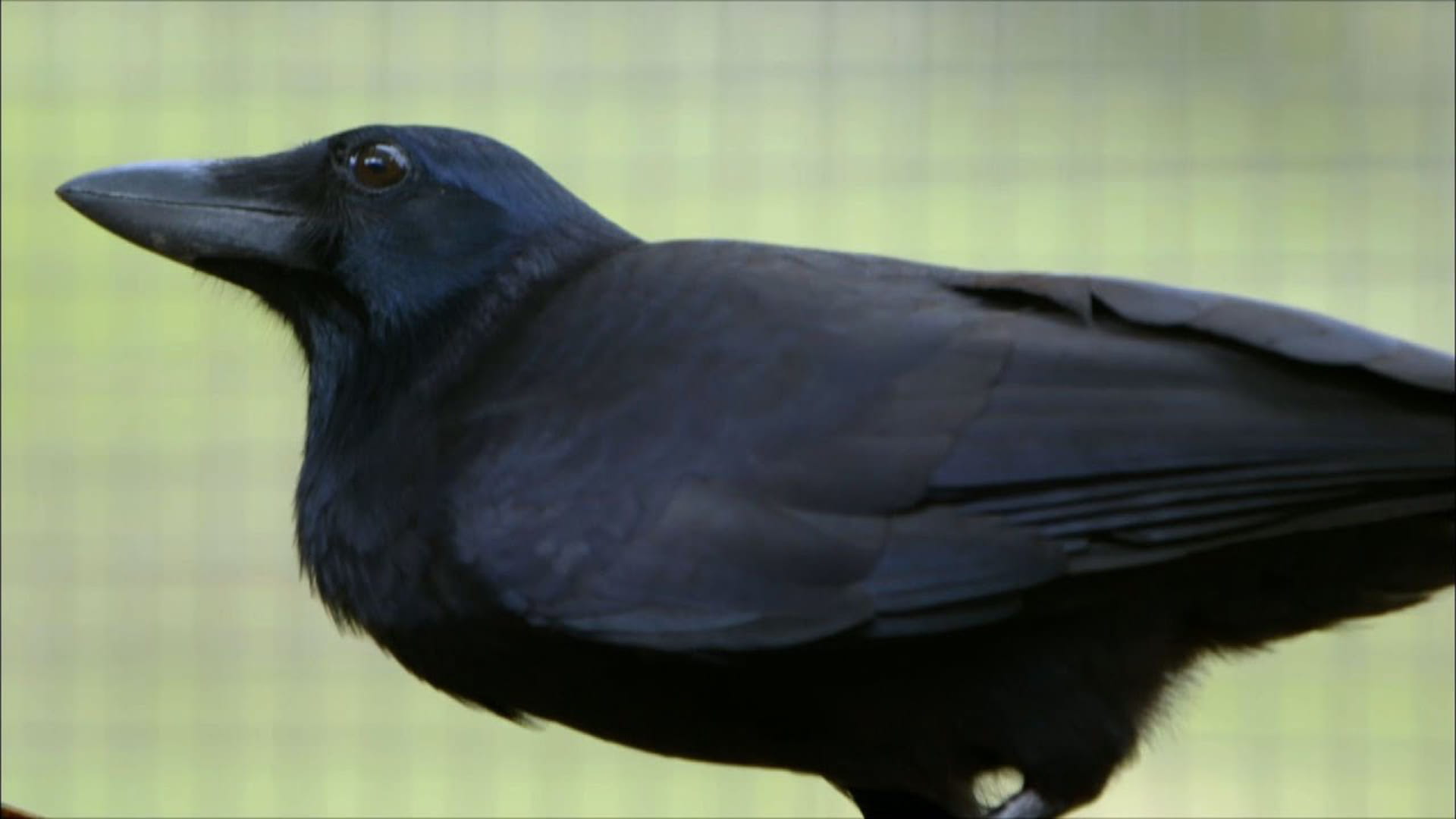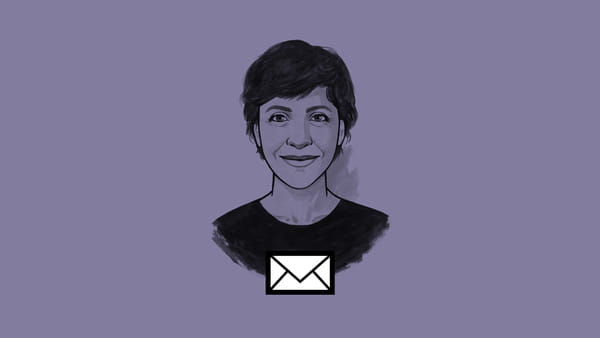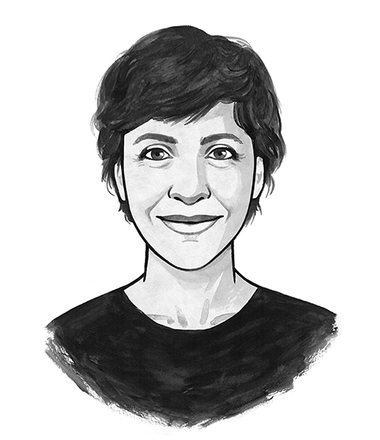Hi,
“He won’t stop playing!” says my dad, surprised, almost every day, as he observes his grandson – my 14-month-old son Lorenzo – going about his daily life.
My dad is absolutely right. Lorenzo plays and plays. He bangs pots and pans while I prepare breakfast; he is joyfully mesmerised by the bubbles that come out from a plastic bottle he thrusts underwater as he bathes; he kicks around anything he finds lying around, just to see it jump and skid across the floor.
We all know that children play. We adults do it too – though usually way less.
Play is a pretty universal activity that we take for granted in kids. But what we’ve overlooked is that children are playing less, and less freely. And I think it’s because we adults have failed to recognise three fundamental characteristics of play:
- Play is something that children do without an aim
- Play is an activity children want to feel they are initiating
- Play is fundamental to learning
These three points, and how we tend to ignore them as adults, made me want to look into play a little more. And so today, I’m kicking off a new investigation.
Why write about play?
I’ve been planning to write about play for a while because it’s an essential part of the first 1,000 days with long-lasting consequences in adult life.
“Children are nature’s most efficient learning machines and a lot of that learning comes from play,” Tim Gill, an independent researcher and play advocate, told me.
I had initially envisioned several articles about the importance of outside play and what kind of playgrounds or initiatives made cities more child-friendly. When the coronavirus lockdowns started (in Italy, we’ve now reached seven weeks), I had to question whether it made sense to write about play at all.
But curiously, it seemed eerily appropriate.
At a time when we have fewer direct social interactions, and when children are stuck at home, play is an essential ally for parents and carers. But we need to understand what play really entails.
That’s what I’m going to be exploring in my new series. You can read my initial thoughts on the significance of play in the first piece I published today.
Here are some other cool things you’ll learn (just to get you excited):
- Humans have a much longer childhood than any other animals
- All kinds of animals – not only mammals – seem to play and learn throughout this period
A case in point? **GEEK ALERT!**
New Caledonian crows are particularly smart animals with a great skill: they can adapt and create tools in order to better reach grubs to eat. And look at how much they actually learn in terms of tool use.

Now, one theory states that New Caledonian crows are so impressive with their tool-making abilities because the parent crows let their babies play around with sticks and palm leaves before they need those skills to independently feed themselves.
Play & creativity
While I was struggling to write about play – writer’s block has been very real for me since the lockdown started – my colleague OluTimehin was playing dress-up for her contribution to the “Don’t Rush Challenge". The result is amazing!
OluTimehin’s words on creativity reminded me of how important it is to stay playful to be creative – something I’m going to explore further in my upcoming pieces.
How are you playful in your everyday life, now that you’re probably spending more time inside? Does it help you be more creative? And if you have children, how do you play inside? Let me know!
One way I like to play around is through cooking. Last week I told you that I had baked a typical Neapolitan pastry called pastiera. Some of you asked for the recipe, so here is one to start experimenting with (except that I’d go for five eggs in the filling, rather than two). Let me know if you can bring yourself to bake it, and I’ll gladly give you extra tips!
Before I go ...
If you’re interested in finding out more about my creative process and why I write about the first 1,000 days, you can check out what I told Alicja Peszkowska in this interview for The Fix, an online magazine for media professionals.
If you have any questions for me, let me know!
Have a good, playful week,
Irene
 Would you like this newsletter straight in your inbox?
Subscribe to my weekly newsletter where I talk about sexuality, reproductive rights and early childhood, discuss the best ideas from members and share updates on my journalism.
Would you like this newsletter straight in your inbox?
Subscribe to my weekly newsletter where I talk about sexuality, reproductive rights and early childhood, discuss the best ideas from members and share updates on my journalism.

